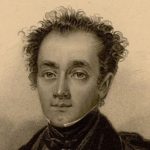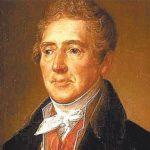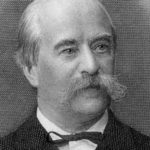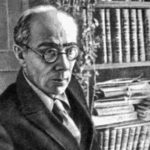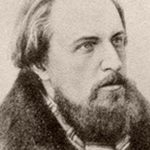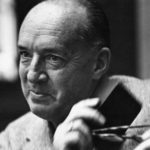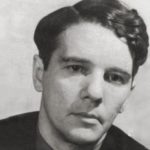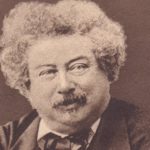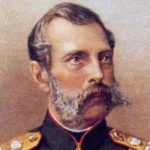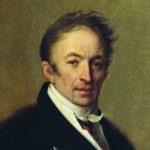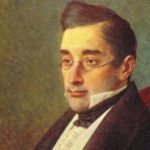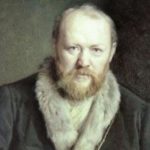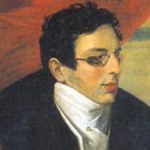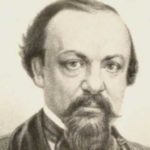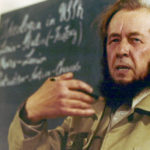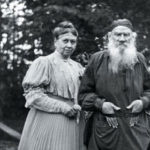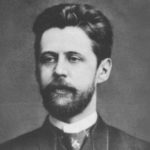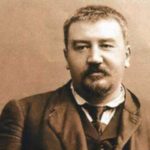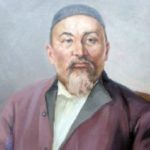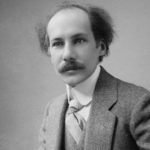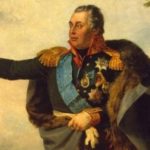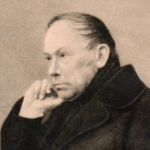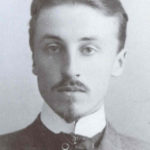12 interesting facts about Alexander Druzhinin
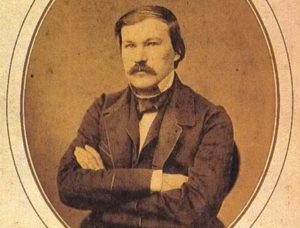 Alexander Druzhinin devoted all his life to literature. He created many magnificent works that were included in the lists of the best, and during his lifetime he achieved good popularity. However, a place in history was provided to him not only by his own work, but also by his talented translations of foreign books.
Alexander Druzhinin devoted all his life to literature. He created many magnificent works that were included in the lists of the best, and during his lifetime he achieved good popularity. However, a place in history was provided to him not only by his own work, but also by his talented translations of foreign books.
As a representative of the nobility, as a child, he studied at home. So at that time it was customary, unless, of course, the parents had money for teachers and mentors.
Alexander Druzhinin spoke English no worse than his native Russian. Thanks to this, he translated into Russian a fair amount of British literature, in particular, Shakespeare’s plays and Byron’s poems.
Over his life, Alexander Druzhinin managed to be not only a writer and translator, but also a literary critic. However, he was not able to achieve Belinsky’s popularity in this field.
For four years he studied at the Page Corps. Later, Druzhinin joined the Life Guards, but at twenty-two years old, on the pretext of poor health, he left the service to devote his whole life to literature.
During the years of military service, Alexander Druzhinin headed the library of his regiment. As he later admitted, it was then that he decided to become a writer.
Among his friends were such famous writers as Pisemsky, Turgenev and others.
A. Druzhinin devoted many years of his life to working in a journal. There he published his essays and feuilletons, which were always popular.
His first work, a short story “Polinka Saks”, he published at the age of twenty-three years.
Of all the Russian literary critics, Alexander Druzhinin was the first to cover not only Russian literature, but also foreign literature – French, English and American.
Consumption took him to the grave. Many famous writers of that era after the untimely death of Druzhinin said that this loss is irreparable.
Druzhinin openly disagreed with such authoritative critics as Chernyshevsky and Belinsky. This did not contribute to his own popularity, but he was adamant.
With the direct participation of Alexander Druzhinin in St. Petersburg, the Society for Assistance to Needy Writers and Scientists was founded. It continued to work until the revolution.
